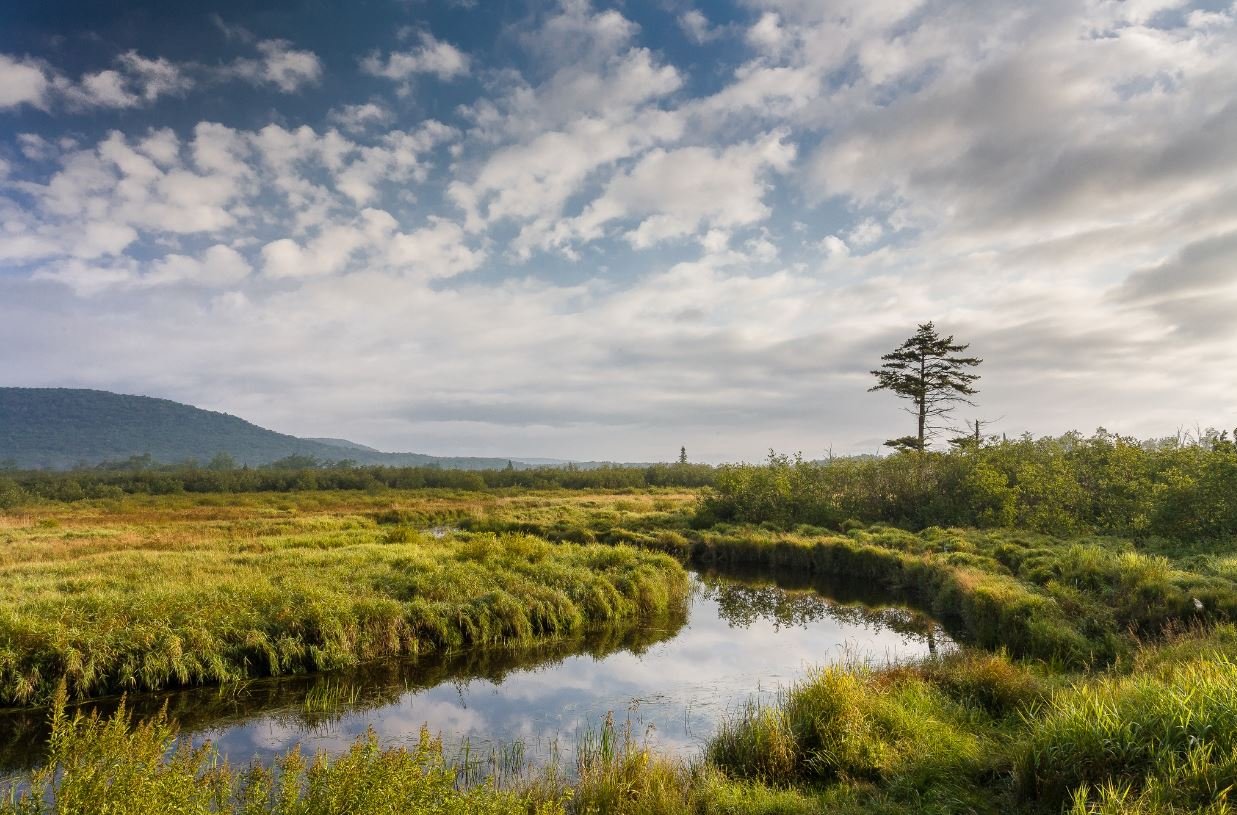Conservationists Sue Fish and Wildlife Service Over West Virginia Waiver

WASHINGTON — Three conservation groups sued the Biden administration Monday for declining to restrict lead ammunition and fishing tackle at a West Virginia wildlife refuge.
They say the hunting and fishing gear could hurt wildlife, such as bald eagles and loons.
They claim the federal government’s refusal last year to restrict the gear in the Canaan Valley National Wildlife Refuge violated the National Wildlife Refuge System Improvement Act.
The lawsuit was filed on behalf of the National Wildlife Refuge Association, Friends of Blackwater and the Sierra Club against the U.S. Fish and Wildlife Service.
The agency decided against the restrictions last September after state officials in West Virginia objected.
West Virginia officials said the restrictions could allow the deer population to grow out of control. They also said the cost of non-lead ammunition was unaffordable to many hunters.
Environmentalists say birds can ingest lead shotgun pellets and tackle when they eat pebbles to help with digestion. Bald eagles and vultures sometimes ingest lead while scavenging animal carcasses left by hunters.
“Lead poisoning kills millions of birds and other wildlife each year,” the lawsuit says. “Research shows that residual lead ammunition and tackle from hunting and fishing is the primary source of this poisoning.”
The Fish and Wildlife Service lists the Canaan Valley as a home to 580 kinds of plants and 288 animal species. It is located in the Allegheny Mountains in eastern West Virginia.
The lawsuit in U.S. District Court for the District of Columbia says the Fish and Wildlife Service “abdicated its statutory duty to safeguard wildlife” and granted West Virginia an “unlawful state veto” over federal policy.
The federal agency invoked its authority in June 2022 under the National Wildlife Refuge System Improvement Act to propose phasing out lead ammunition and fishing tackle by 2026. The tackle consists largely of hooks and fishing line.
The Canaan Valley refuge was one of 10 national wildlife refuges where the gear would be phased out. It is the only one so far that has been granted a waiver from the restrictions.
“As a lifelong hunter and conservationist, I know the severe impact that use of lead ammunition is having on non-targeted wildlife, as well as how easy and effective it is to switch to non-toxic alternatives,” said Dan Ashe, board member of the National Wildlife Refuge Association, in a statement. “Our national wildlife refuges should set the example and lead the way.”
The plaintiffs say they are seeking a court judgment consistent with the National Wildlife Refuge System Improvement Act. The act requires the Fish and Wildlife Service to make wildlife conservation a top priority.
They accuse the Fish and Wildlife Service of betraying its own findings, such as a 2022 study by the agency that found “the best available science … demonstrates that lead ammunition and tackle have negative impact on both human health and wildlife.”
They also seek an injunction against the waiver for West Virginia.
The Fish and Wildlife Service has not commented on the lawsuit.
The case is National Wildlife Refuge Association v. Haaland, U.S. District Court for the District of Columbia, No. 1:23-cv-02203.
You can reach us at [email protected] and follow us on Facebook and Twitter

























